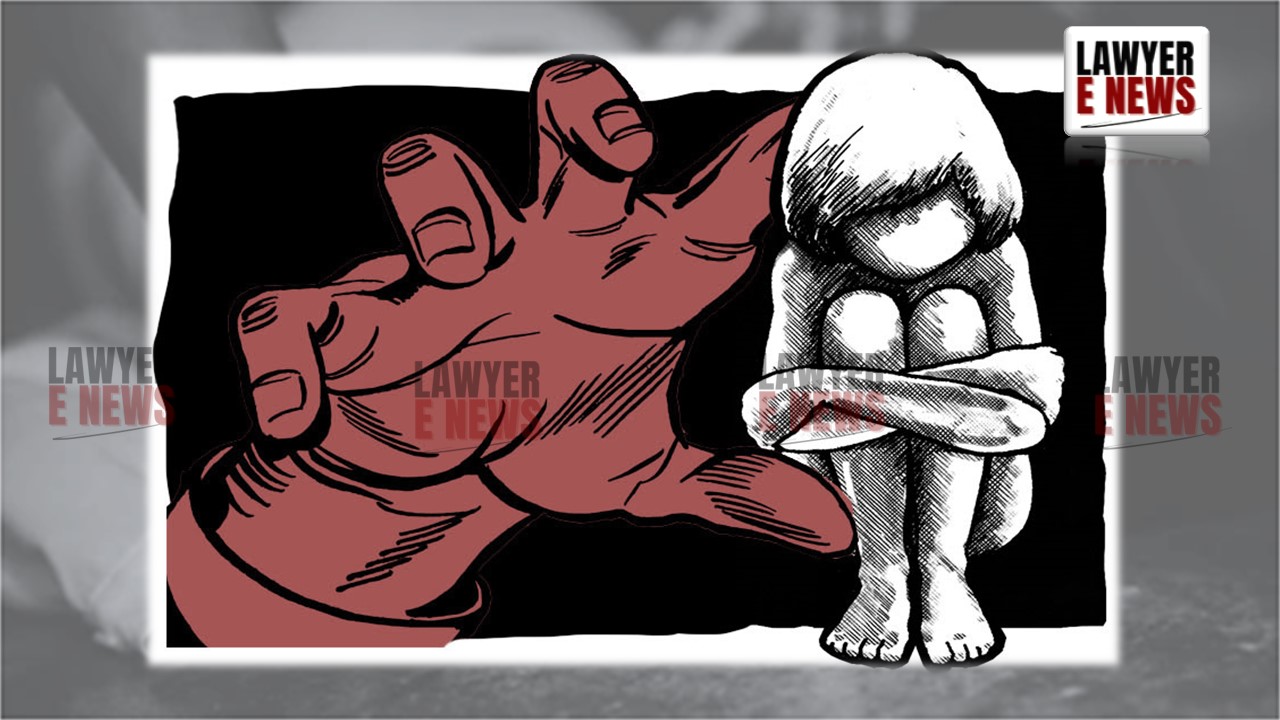-
by Admin
15 February 2026 5:35 AM



Prosecution Fails to Prove Key Elements of the Case Beyond Reasonable Doubt. On October 7, 2024, in Sarju Chaudhary @ Saryug Chaudhary & Others v. The State of Bihar, the Patna High Court acquitted three individuals convicted of gang rape under Section 376 IPC and Section 6 of the Protection of Children from Sexual Offences (POCSO) Act. The court found significant inconsistencies in the victim's statements, issues with the identification of the accused, and a failure to establish the crime scene, ultimately ruling that the prosecution failed to prove the case beyond a reasonable doubt.
The appellants, including Sarju Chaudhary, were accused of raping a minor girl on August 23, 2015, near a canal while she was grazing goats. The trial court had convicted them, sentencing each to life imprisonment and a fine. The defendants appealed, arguing that the prosecution’s case was riddled with contradictions and procedural lapses, and the victim's testimony was unreliable.
Inconsistent Testimony of the Victim: The court noted that the victim’s statements were inconsistent at multiple stages, including during the investigation, her deposition in court, and in her initial FIR. For example, she provided conflicting accounts about how her goats crossed the canal and the location of the crime scene.
Lack of Proof of Age Under POCSO: The prosecution failed to convincingly prove the victim’s age as under 18 years, which was crucial for a conviction under the POCSO Act. The court found discrepancies in the school records provided and noted that the prosecution did not call essential witnesses, such as school officials, to verify the victim's date of birth.
Failure to Establish the Crime Scene: The prosecution was unable to conclusively establish the exact location of the crime. The court noted contradictions between the investigating officer’s report and the victim’s statements about the place of occurrence, casting doubt on whether the crime occurred as described.
No Medical Corroboration: The medical evidence presented by the prosecution was inconclusive, with no injuries or definitive signs of sexual assault observed on the victim. Additionally, the forensic evidence, including blood and semen samples, was either mishandled or failed to link the accused to the crime.
After analyzing the evidence, the Patna High Court held that the prosecution had failed to meet the standard of proof required for a conviction. The court acquitted all the appellants, citing the lack of reliable evidence and inconsistencies in the prosecution's case.
This judgment highlights the importance of reliable evidence and consistent testimony in cases involving serious charges. The court’s decision to acquit underscores the principle that convictions must be based on proof beyond a reasonable doubt, particularly in sensitive cases under the POCSO Act.
Date of Decision: October 7, 2024
Sarju Chaudhary @ Saryug Chaudhary & Others v. The State of Bihar.
